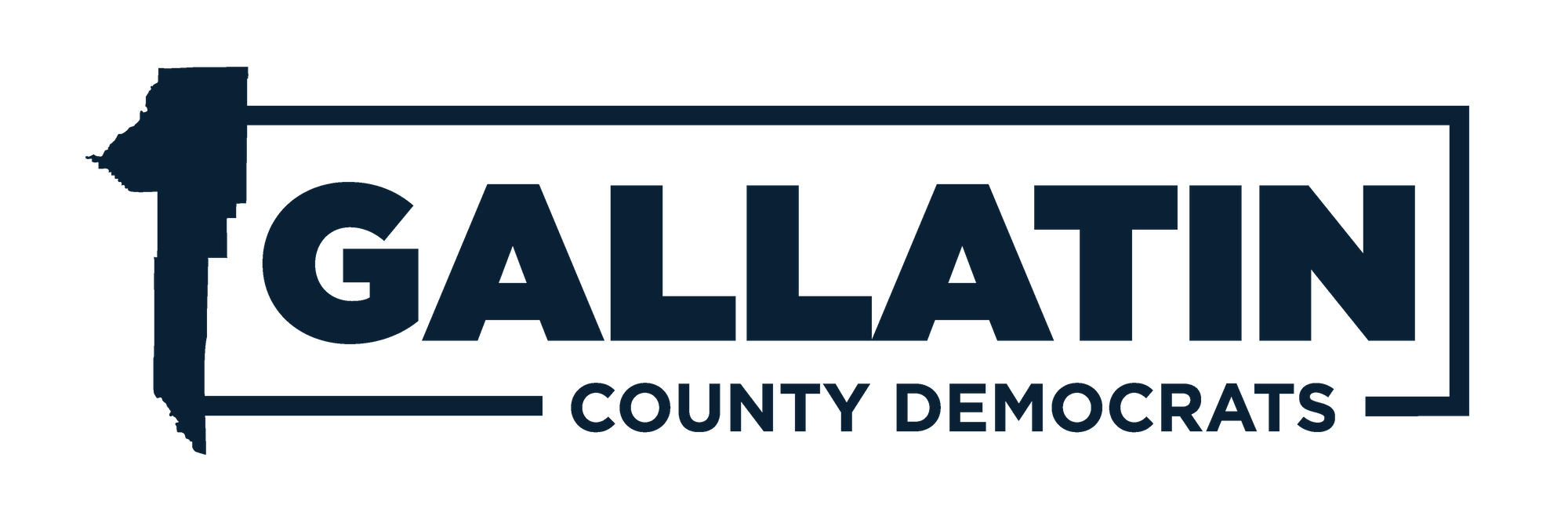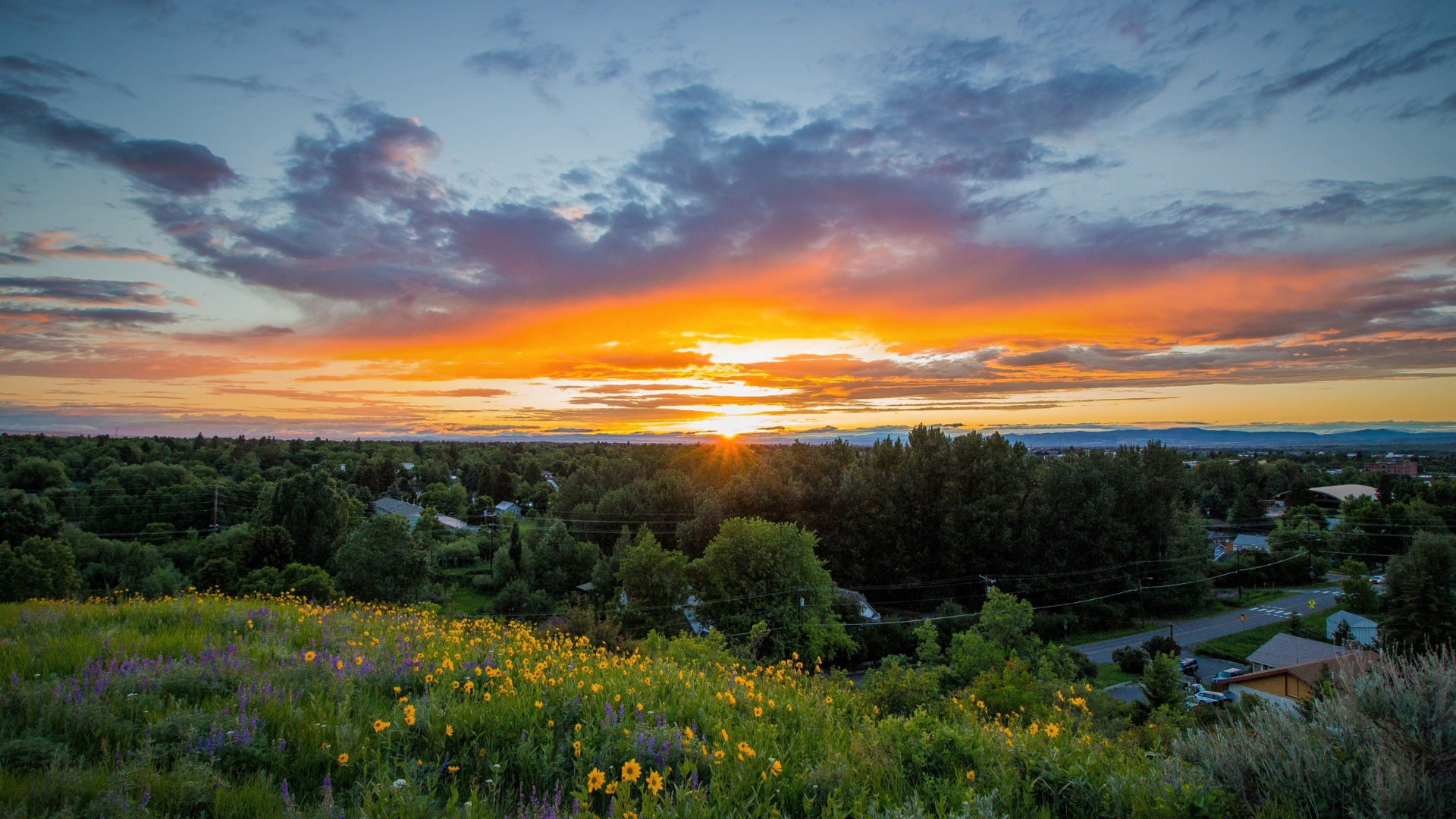Wolves in danger with Montana GOP at the door
If Montanans would like to continue thinking of our state as “the last best place,” it would behoove us to preserve those things that earn it this designation. But the attack on Montana wildlife is
coming swiftly and aggressively from the states recently empowered Republican majority. With Gov. Gianforte’s eager pen at the ready, Senator Bob Brown and Representative Paul Fielder are pushing a spate of bills that would, among other things, ease trapping restrictions, allow hound hunting of bears, and institute a bounty on wolves.
Such ecological rapaciousness is cruel to the point of being sadistic. These bills promote wanton destruction and a kind of nineteenth-century ethos of entitlement. There is no reason but for
trophies to hunt wolves, and no reason but for the sociopathic heck of it to put a bounty on them.
And if slaughtering wolves isn’t bad enough in itself, our entire ecosystem would suffer without them. The reintroduction of wolves into the Greater Yellowstone Ecosystem in the mid-1990s has been one of the great success stories of the environmental movement. Their presence has contributed significantly to the restoration of the ecosystem, including the river systems as well as many species of plants and animals. No one invested in the state’s well-being would seek to undo these efforts. But a spokesman for the Montana Trappers Association, as Fielder happens to be, just might.
Animals across the state, and right now wolves in particular, are in danger, and the Republicans, I’m afraid, are at the door. It’s time to defend this place — with reason, with respect, and with restraint.
Scott Parker
Bozeman
Lawmakers should oppose bills limiting bison restoration
Thirty-three contiguous counties in eastern and north-central Montana have been losing population for many decades. (mtwildbison.org — News) These counties include half the area of the state! Most lack a population necessary to support a comprehensive county government, adequate health care, emergency services, quality education, communication facilities and other infrastructure. Poverty levels are the highest in the state.
For decades, attempts to alleviate this situation with resource-extraction have provided only local, often unsustained relief. (Consider “Petroleum” County.) Livestock production has remained the
primary economic foundation. This industry has strongly opposed any projects that might compete with cattle production. The approach has not halted population decline or alleviated poor
economic conditions.
There are no public-trust, wild bison, year-round, in Montana. Opponents of bison allege that bison restoration, even under strict guidelines set forth by the Montana legislature, (MCA 87-1- 216) would devastate local economies. However, bison restoration has potential to augment and diversify local economies by enhancing tourism and with monies spent during months-long hunting
seasons for lodging, supplies and outfitting services. (Sage, J. L. 2017. https: scholarworks.umt.edu/itrr_pubs/353).
Restoring public wild bison on the Charles M. Russell National Wildlife Refuge and on nearby private lands where public bison are accepted can provide sustained local income near the Refuge
— without negative impacts to local cattle growers. In particular, small businesses along highways 2 and 191, especially in Blaine, Phillips and Valley Counties and in Lewistown would benefit.
Enhancing local economies is but one reason to restore bison in Montana. However, proposed legislation opposing restoration of public-trust, wild bison, especially on the CMR Refuge, is part of
an economic strategy that has failed for decades.
As you consider these bills, please do not support actions that will diminish opportunities to provide a more diverse, resilient and healthy economy for future generations in eastern and north- central Montana.
Jim Bailey
Belgrade
Bozeman Daily Chronicle Letters to the Editor 1/28/21

